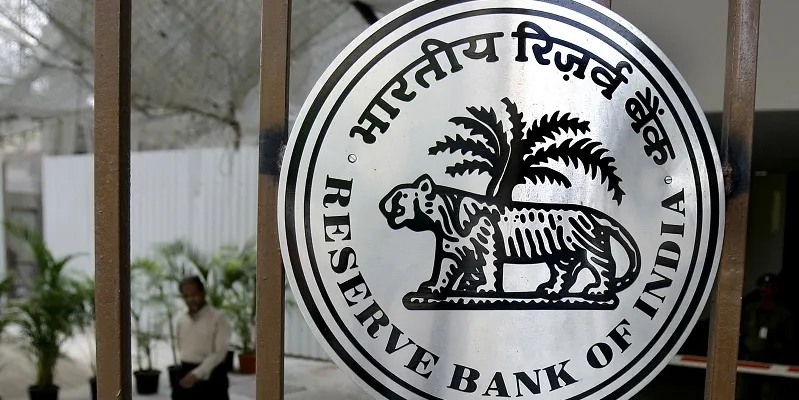Four entities yet to comply with RBI's data localisation norms: Ravi Shankar Prasad
The RBI in April 2018 put out a circular asking all 'data relating to payment systems' to be 'stored in a system only in India' within six months; 72 payment system operators have complied with the requirements till now.
Four payment system operators are yet to comply with the RBI's 2018 circular on data localisation, while 72 others have complied with it, the Lok Sabha was informed on Wednesday.
The Reserve Bank of India (RBI) had in April 2018 issued a circular on 'Storage of Payment System Data', advising all system providers to ensure that the entire data relating to payment systems operated by them was stored in a system only in India within a period of six months.

(Photo credit: AFP)
"As per RBI, out of 76 operational authorised non-bank payment system operators (PSO), 72 have complied with the requirements of this circular. The remaining four entities are yet to comply and are being monitored by RBI for full compliance," Minister for Electronics and IT Ravi Shankar Prasad said in a written reply.
Last week, the RBI issued a clarification that all data related to payments must be stored only in India and data processed abroad would have to be brought back to the country within 24 hours.
In June, it was reported that the RBI was expected to examine concerns around its strict data localisation rules that require storing of customer data exclusively in India, without creating mirror sites overseas, the government said on Tuesday.
Commerce and Industry Minister Piyush Goyal in June held extensive consultations with the tech industry and ecommerce companies, where concerns relating to RBI's data storage requirements were put forth, a statement by his ministry said.
"All companies represented in this meeting put forth their concerns related to RBI data storage requirements and processing-related guidelines issued by the RBI. Deputy Governor of RBI, BP Kanungo, assured industry representatives that the Reserve Bank of India would look into this," it said.
International giants usually store data on global servers and the requirement to store data locally would require them to make an additional investment. But policymakers in India believe storing data locally would help monitor and conduct investigations if the need arises.









